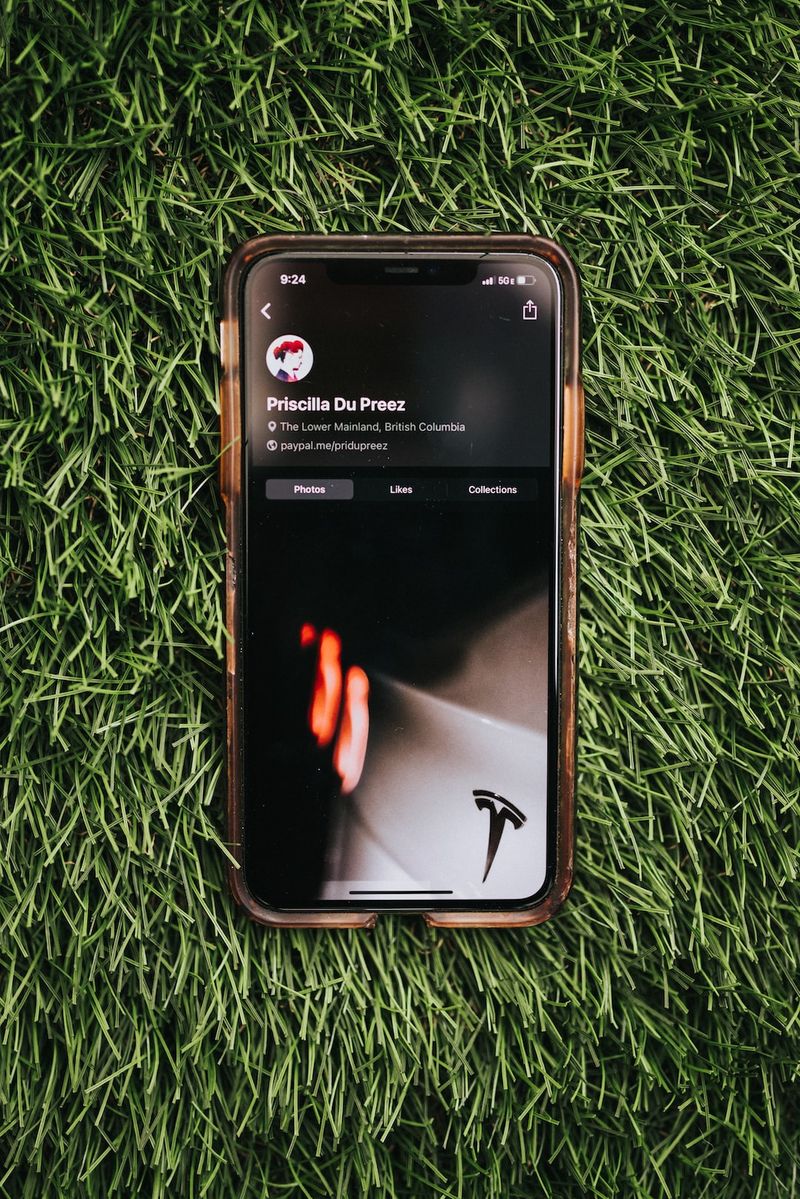France Bans Apple iPhone 12 Sales over High SAR
Introduction
In a move that has sent shockwaves through the technology industry, France has banned the sales of Apple’s iPhone 12 due to concerns over its high Specific Absorption Rate (SAR). SAR is a measure of the amount of radio frequency energy that is absorbed by the body when using a mobile phone. This decision by France has opened up a debate regarding the potential health risks associated with smartphone usage.
The SAR Controversy
The controversy surrounding the SAR levels of mobile phones is not a new phenomenon. Ever since the advent of smartphones, there have been concerns about the potential health risks associated with prolonged exposure to the radio frequency energy they emit. While the scientific community remains divided on the issue, there is evidence to suggest that prolonged use of mobile phones can have adverse effects on human health.
The SAR value is a crucial metric that measures the amount of radio frequency energy emitted by a mobile phone and absorbed by the human body. It is measured in watts per kilogram (W/kg). The higher the SAR value, the greater the potential risk to human health. In France, the regulatory limit for SAR is 2 W/kg over 10 grams of tissue. The iPhone 12, however, reportedly exceeds this limit, leading to the ban on its sales in the country.
The French Ban on iPhone 12 Sales
France‘s decision to ban the sales of iPhone 12 is rooted in its stringent regulations regarding SAR levels. The country takes the potential health risks associated with mobile phone usage seriously and has set strict limits to ensure consumer safety. The ban is a demonstration of France‘s commitment to protecting its citizens’ well-being.
While Apple has disputed the claims made by France and insisted that the iPhone 12 meets all the relevant safety standards, it will be interesting to see how this situation unfolds. In the face of mounting pressure from regulators and consumers alike, Apple may be forced to re-evaluate its approach to SAR levels and address the concerns raised by various authorities.
Editorial: Balancing Innovation and Public Health
The ban on iPhone 12 sales in France raises important questions regarding the balance between technological innovation and public health. It is clear that governments have a responsibility to ensure the safety of their citizens and should take proactive measures to address potential health risks associated with new technologies. However, it is also important to strike a balance to avoid stifling progress and innovation.
In the case of smartphone use, while there is evidence to suggest potential health risks, the scientific community has not reached a consensus on the matter. Therefore, it is essential for governments to base their regulatory decisions on well-grounded scientific evidence and expert advice. This will enable them to strike a balance between safeguarding public health and allowing for technological advancements to flourish.
Advice for Consumers
For consumers, the ban on iPhone 12 sales in France serves as a reminder to be mindful of potential health risks associated with mobile phone usage. While the long-term effects of radio frequency energy on human health are still being studied, it is wise to take precautionary measures.
To reduce exposure to radio frequency energy, consider the following tips:
1. Limit Mobile Phone Use
Limit the amount of time spent on the phone and try to reduce unnecessary and prolonged usage. Opt for alternative methods of communication whenever possible, such as text messages or emails.
2. Use Speakerphone or Headsets
When making or receiving calls, use the speakerphone function or a headset to keep the phone away from your head. This can help reduce the amount of radio frequency energy absorbed by the body.
3. Keep Your Phone Away from Your Body
Avoid carrying your phone in your pocket or keeping it directly against your body for extended periods. Instead, place it in a bag or use a phone case that provides a protective barrier.
4. Use Airplane Mode
When not using your phone, consider switching it to airplane mode to minimize radio frequency exposure. This will disable cellular, Wi-Fi, and Bluetooth transmissions.
5. Stay Informed
Stay updated on the latest research and guidelines regarding mobile phone usage and SAR levels. By staying informed, you can make well-informed decisions that prioritize your health and well-being.
Conclusion
The ban on Apple iPhone 12 sales in France highlights the ongoing debate surrounding the potential health risks associated with mobile phone usage. As governments strive to protect their citizens’ well-being, it is crucial for them to rely on scientific evidence and expert advice when formulating regulatory decisions. Consumers, on the other hand, should stay informed and take precautionary measures to minimize potential health risks while enjoying the benefits of modern technology. Ultimately, finding a balance between innovation and public health is key for a sustainable and responsible advancement in the tech industry.

<< photo by Christian Mackie >>
The image is for illustrative purposes only and does not depict the actual situation.
You might want to read !
- Mighty Orang-utan Exiled Sneaky Possum from Perth Zoo – An Astonishing Feat!
- “Game Over for Apple’s iPhone 13 Mini: The End of a Small Screen Era”
- BOM’s Warning Comes True: Perth and South West WA Under Siege from Raging Wild Weather
- “Streaming Showdown: A Guide to Catching the Peru vs. Brazil World Cup Qualifier”
- “Andy Murray’s Redemption Plan: A Triumph for Great Britain in the Davis Cup”
- Andy Murray’s Drive to Rectify Great Britain’s Davis Cup Woes
- The Future of Communication: Apple’s iPhone 15 Revolution
- Will the iPhone 15 revolutionize without its iconic lightning connector?
Title: “Unleashing the Storm: Exploring the Lightning-Free Future of Apple’s iPhone 15”
- “The Cutting-Edge Evolution: Unveiling Everything You Need to Know About the Apple iPhone 15 Release”
- Battling the Bush: Orangutan’s Aerial Assault on Invading Possum
- Perth Weather Alert: Unleashing Nature’s Fury – Live Updates!
- Queen of the Stage: Tina Turner Musical to Steal the Spotlight at NRL …




